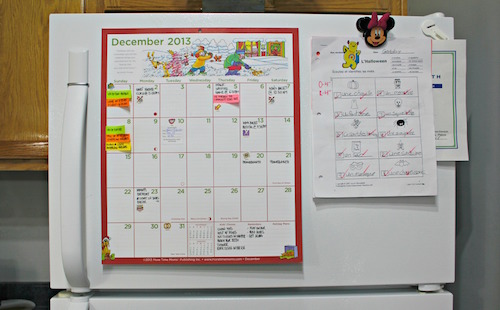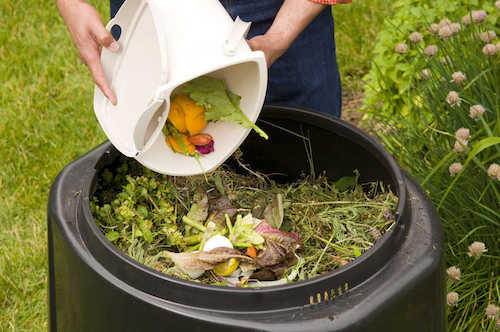Where do you produce more waste?
Environmental impact
 Compared to the simple monetary value that can represent, waste-related waste in the kitchen has very significant and high-impact consequences. It is necessary to take into consideration the various environmental impacts that are created, such as the large volume they occupy, the unpleasant odors they emit and the enormous negative contribution that they bring to both pollution and climate change. Let’s talk, to be clear about the waste of energy, water, fuel and all the resources used for their correct disposal. Below you will find some valuable tips on how to reduce waste in the kitchen with a simple and more careful attention during the normal daily activities.
1. No bulky food packaging

When we go shopping, we avoid choosing products that are too bulky, made up of a considerable number of boxes, bags and plastic films. It is a good rule not to choose what cannot be reused and always carry reusable shoppers and boxes with you.
All this will greatly reduce in terms of volume and weight the “refusal” for your garbage can and the subsequent separate collection.
2. Plan the menu of the week

It is a good habit to try to quantify the fresh foods that can be consumed in the coming week before going shopping. A shrewd and responsible expense helps your portfolio and the reduction of waste related to expired products.
3. Cooking fresh food

In this case, where food is left over, it will be easier to keep them in the fridge or to freeze them for later consumption in the evenings when there will be little time and the culinary vein. We buy fresh fruit and vegetables instead of frozen or pre-packaged.
4. No processed and ready-made foods

Let’s buy meat, poultry, fresh fish and solid foods such as legumes, rice and pasta.
5. Buy fresh meat and cheese

Let’s buy fresh cuts of meat and cheese in butchers and rotisseries rather than those packed in plastic films.
6. Re-cook the leftovers

7. Compost everything that you do not reuse

All kitchen waste and the pruning of your plants, can return to have new life in the form of a soil with a high fertilizing power: the compost. In case you have a garden or a large and flowery terrace, you could organize a compost bin, even a DIY one.
8 Grow fruit and vegetables directly

In the garden or simply on the balcony. More and more people decide to take care of a personal vegetable garden; to sow, to plant, to see sprout and to bring to the table something that comes directly from our “domestic garden” is a great satisfaction and pleasure of the palate.
9. Do not buy commercial water

Let’s drink the tap water at home or buy water in glass bottles or better yet we start to use the municipal water dispensers that by now begin to be present in a capillary way throughout the territory and guarantee a water quality that is always good and monitored by periodic analysis. In many municipalities the service is even free or we speak of only 5 Euro cents per liter of water, among other things choosing between natural and carbonated. Only the will to go weekly to the distributors is enough, bringing with them the glass bottles and making it become a good habit.
10. Watch out for the killer, the oil

A single liter of oil poured into the sink makes it not drinkable up to one million liters of water. If, on the contrary, it is correctly recovered in glass bottles or in the special containers available on the market and delivered to municipal collection centers, it can even be regenerated.
And if you want to eliminate all your organic waste you produce turning it into a 100% natural fertilizer … then there is ECODYGER.

